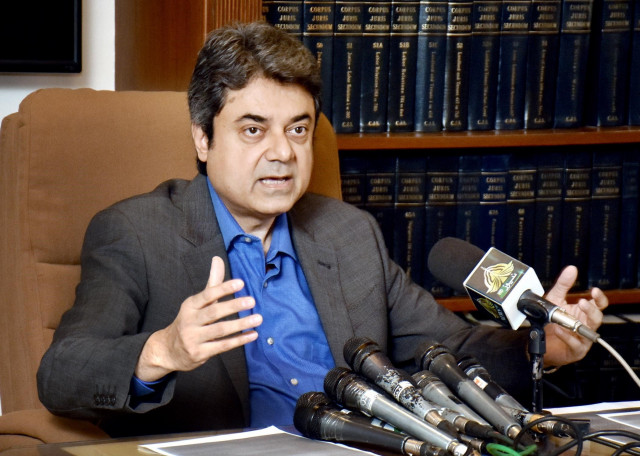Islamabad:
The main lawyer, Dr. Farogh Naseem, has argued that the super tax is not an additional tax, an affirmation with which the judge of the Supreme Court Jamal Khan Commandkhail does not disagree.
The Constitutional Bank of five members (CB) of the Supreme Court, headed by Judge Aminuddin Khan, resumed on Thursday the request of requests filed against the imposition of the Super Tax.
During the hearing, Judge Commandkhail asked if other higher courts had given decisions about the amendment to section 99D of the Income Tax Ordinance.
Dr. Naseem replied that the Super Court of Sindh had dismissed the requests, while the cases were still pending before the Superior Court of Islamabad and the Superior Court of Lahore.
He pointed out that, as of today, the banks were paying 43% in taxes, and with 10% of Super Added Tax, the rate reached 53%. In addition, he said that, although the load was currently in the banks, the amendment actually mentioned all sectors.
“Well, bad or even corrupt … it is these same industrialists who maintain the wheels of the economy spinning. Due to this situation, many industrialists have already transferred their factories to several countries in Africa,” he added.
The lawyer said that if the courts did not provide relief to taxpayers, they would be defenseless and the loss would finally affect everyone.
The discussion also mentioned the importance of Parliament and the Constitution.
Judge Commandkhail commented that the Constitution itself was framed by Parliament, while Dr. Farogh Naseem argued that in Pakistan, the Constitution has greater power than Parliament, although international parliamentary supremacy is recognized.
Judge Muhammad Ali Mazhar observed that section 4C did not clearly indicate anything about the imposition of an additional tax: “If it had been explicitly written, there would have been no problem.”
Naseem agreed that if those words had been there, the matter would have been clear. Continuing with his arguments, he said that at the time an addition is carried out, the super taxes is automatically applied.
Judge Mazhar replied that the same term “super tax” itself means an additional tax. “What else needs clarification?” asked. However, the lawyer did not agree, asking the judge to show a dictionary that defines the Super Tax as an additional tax.
Judge Commandkhail insisted that the very meaning of the super tax was an additional tax. “What dictionary is required? Income has been defined, so there is no need for a separate definition of super taxes.” In addition, he pointed out that it is written that the Super Tax is a separate tax. “Then this does not equal taxes.”
Dr. Naseem argued that under tickets 55, 56 and 58, the Super Tax was recognized as an independent tax. “But since it is not explicitly written as separated now, it loses that independence,” he argued.
Subsequently, the audience was postponed until today. Before the postponement, the lawyer asked about the programming of the hearings for next week.
The bank ruled that the cases of super taxes would have priority, while the audiences on the requests against the 26th constitutional amendment would be listed later.




